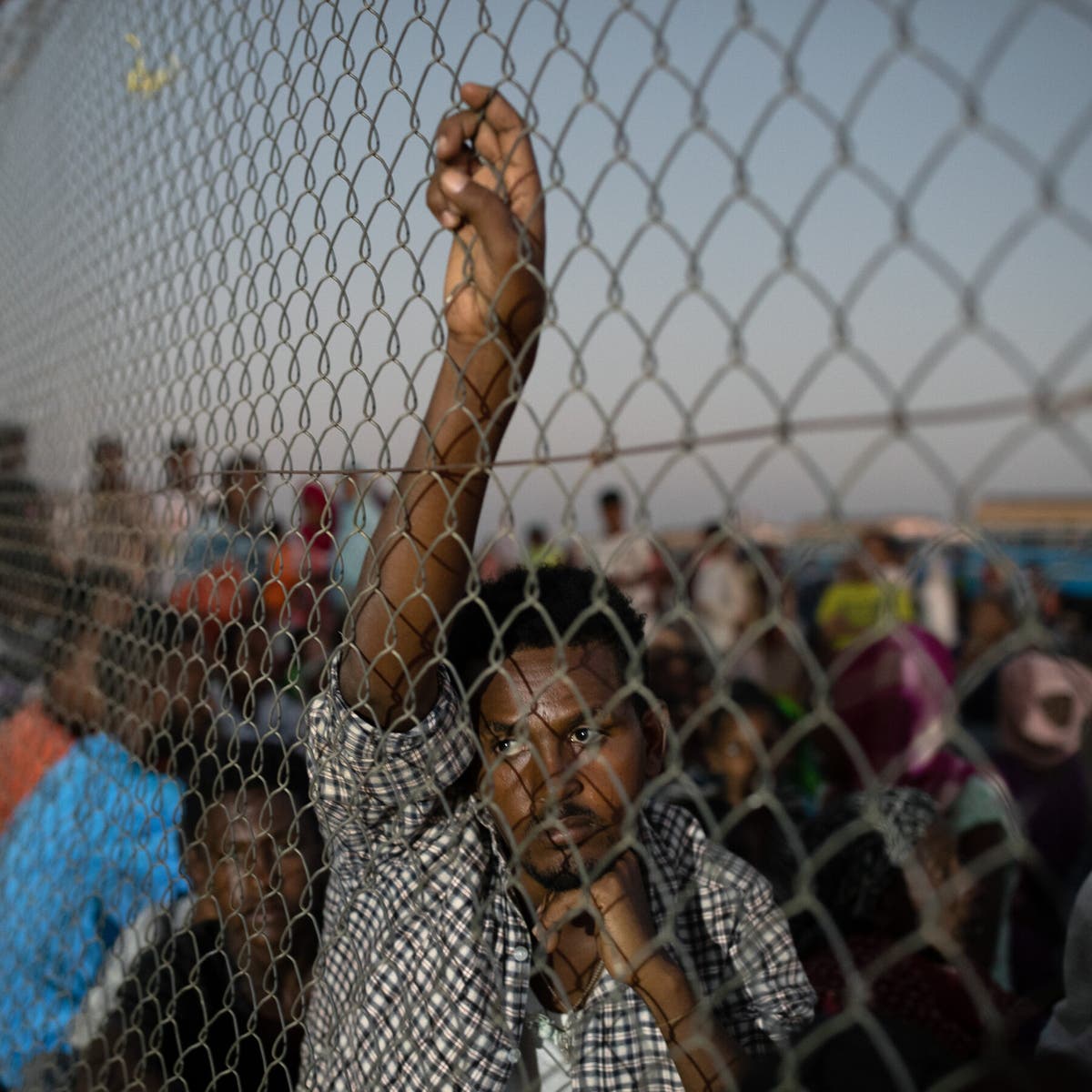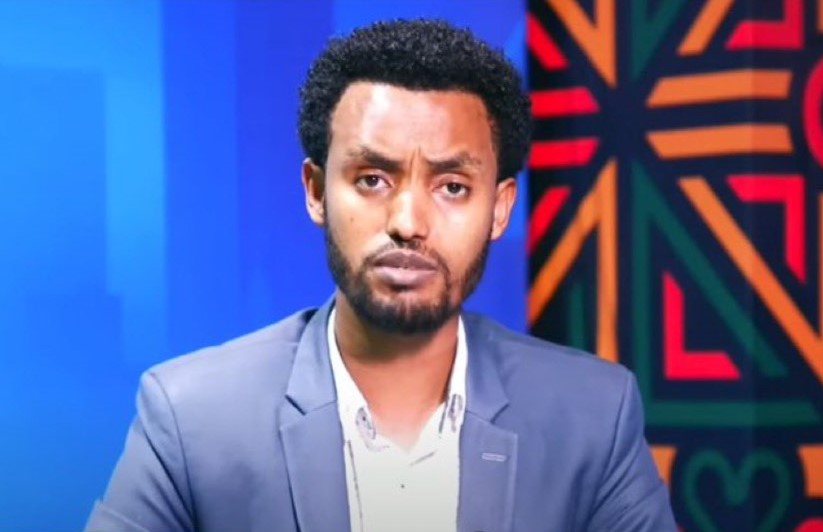By TESFA-ALEM TEKLE
The Ethiopian government on Tuesday rejected a report by Human Rights Watch (HRW) that had accused in Amhara region forces of carrying out an ‘ethnic cleansing’ campaign in Tigray.
Instead, Addis Ababa said such revelations could hurt the country’s bid to reconcile communities as it rebuilds from a two-year war in Tigray, which ended last November after a peace deal mediated by the African Union.
A statement released by the official government spokesman said the ‘sensational report’ had had no proof of ethnic cleansing.
“The allegations are not substantiated by evidence,” the statement said adding the latest report by HRW is “distorted” and a “misleading portrayal of the situation” that “attempts to undermine peaceful coexistence” of the Ethiopian people.
It further said the HRW report intends to “fuel inter-ethnic conflict and obstruct the national efforts for peace and reconciliation.”
Last week, the global rights watchdog said that the peace deal that ended a two-year bloody conflict in Tigray had not stopped ethnic cleansing in the disputed western part of the region, whose borders are contested by Tigray and Amhara local authorities.
“The November truce in northern Ethiopia has not brought about an end to the ethnic cleansing of Tigrayans in Western Tigray Zone,” said Laetitia Bader, Deputy African Director at Human Rights Watch.
“If the Ethiopian government is really serious about ensuring justice for abuses, then it should stop opposing independent investigations into the atrocities in Western Tigray and hold abusive officials and commanders to account,” Bader added.
The two-year war killed at least 100,000 people and displaced more than 2.6 million people in one of the worst conflicts this century, in the Horn of Africa. And claims of ethnic cleansing had been prominent during the conflict, with earlier separate reports by the HRW and Amnesty International indicating war crimes and crimes against humanity had been committed.
After the November 2, 2022, Cessation of Hostilities Agreement (COHA), as the peace deal is formally known, was signed; The US government said both sides; the government forces and allied Eritrean government troops and Amhara regional forces on one side, and the Tigray People’s Liberation Front (TPLF) on the other; had committed atrocities.
“After careful review of the law and the facts, I have determined that members of the Ethiopian National Defence Forces (ENDF), Eritrean Defence Forces (EDF), Tigray People’s Liberation Front (TPLF) forces, and Amhara forces committed war crimes during the conflict in northern Ethiopia,” us Secretary of State Antony Blinken said on March 20.
He said all these parties also committed crimes against humanity, including murder, rape and other forms of sexual violence, and persecution with Amraha forces also fingered for “the crime against humanity of deportation or forcible transfer and committed ethnic cleansing in western Tigray.”
“Formally recognising the atrocities committed by all parties is an essential step to achieving a sustainable peace. Those most responsible for atrocities, including those in positions of command, must be held accountable,” Blinken said at the time.
While Ethiopia has said it is pursuing a national dialogue and reconciliation, it has also been critical of any external moves to assess the extent of damage. A special panel of experts, known as the UN Commission on Human Rights Experts on Ethiopia was created in 2021 but Addis has often opposed its usefulness. It is currently chaired by Mohamed Chande Othman, Tanzania’s former Chief Justice and includes American law professor Steven Ratner and Sri Lankan rights activist Radhika Coomaraswamy.
(Source: The East African)


